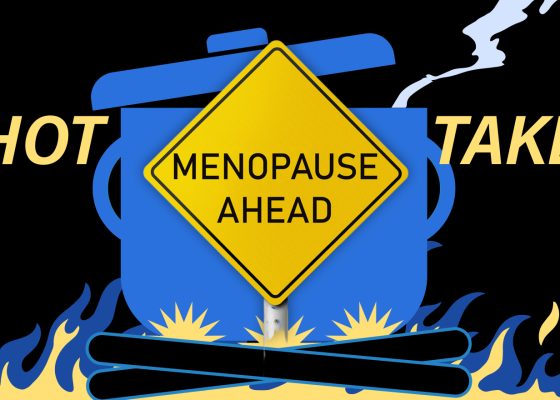Prime Minister Anthony Albanese will issue a long-awaited national apology this month to Aussies affected by the thalidomide tragedy, which he describes as ‘a dark chapter in the history of our nation’.
The federal government has named the date on which it will make a formal apology to all Australians affected by the so-called “thalidomide tragedy”.
Thalidomide was lauded as a wonder drug to treat morning sickness in pregnant women during the late 1950s and into the 1960s. The drug was later found to cause malformation of limbs, facial features and internal organs in unborn children.
Prime Minister Anthony Albanese will deliver the apology on behalf of the Australian
Government, Parliament and the Australian people, in the House of Representatives on 29 November.
Thalidomide survivors, their family members, carers and supporters will attend the historic
apology, followed by a reception in the Great Hall of Parliament House.
A National Site of Recognition will also be unveiled on the shores of Lake Burley Griffin at
a ceremony on 30 November, which will also be attended by thalidomide survivors and their families.
“The thalidomide tragedy is a dark chapter in the history of our nation and the world,” said Mr Albanese.
“I recognise that the survivors, their families, friends and carers have advocated for this
apology with courage and conviction for many years. This moment is a long overdue
national acknowledgement of all they have endured and all they have fought for.
“In giving this apology, we will acknowledge all those babies who died and the families who
mourn them, as well as those who survived but whose lives were made so much harder by
the effects of this terrible drug.”
Federal Health Minister Mark Butler said it was hard to think a tragedy like thalidomide could happen, and it was “a sobering reminder of our duty to put in place measures to protect people from harm”.
“So many mothers and their babies were let down by systemic failures that led to the
thalidomide tragedy, and we should reflect on that and apologise for it,” he said.
“While we cannot change the past or end the physical suffering, I hope these important
next steps of recognition and apology will help heal some of the emotional wounds.”
The apology and the creation of a memorial site are in response to key recommendations
of the Support for Australia’s thalidomide survivors final report, delivered by the Senate
Community Affairs References Committee in March 2019.
As part of these recommendations DoHAC established the Australian Thalidomide Survivors Support Program, which details financial and health care assistance programs for Australians impacted by the drug.
Latest guidelines are available here.
While there are 146 thalidomide survivors registered with the Australian Thalidomide
Survivors Support Program, the exact number of those affected is unknown.
According to the Senate committee’s final report, “thalidomide has been the cataclysmic benchmark that health disasters all over the world are measured against. There has never been a health disaster like it”.
“Marketed as a safe drug, it was provided to pregnant women to ease the symptoms of morning sickness,” the committee reported.
“As these unsuspecting pregnant women later discovered, taking even one tablet had the capacity to cause malformation of limbs, facial features and internal organs in their unborn children.”



